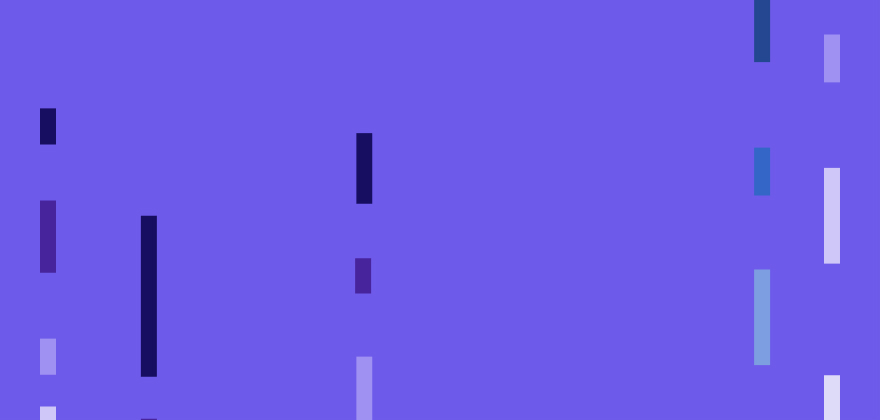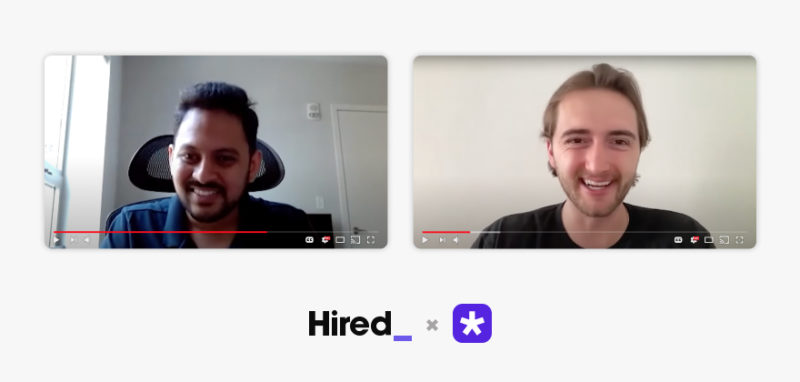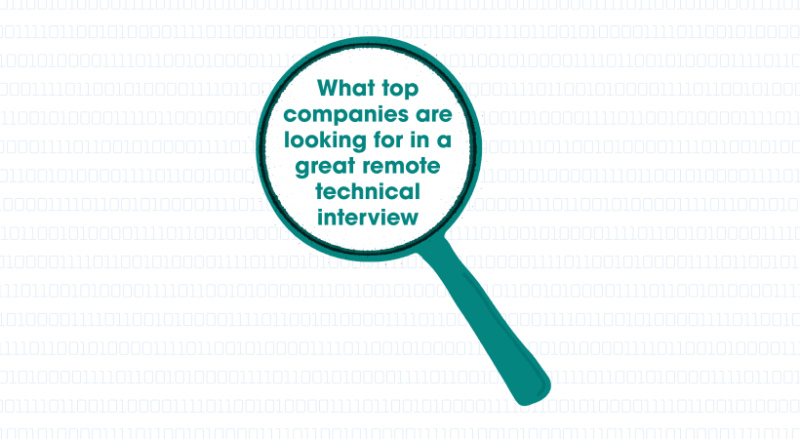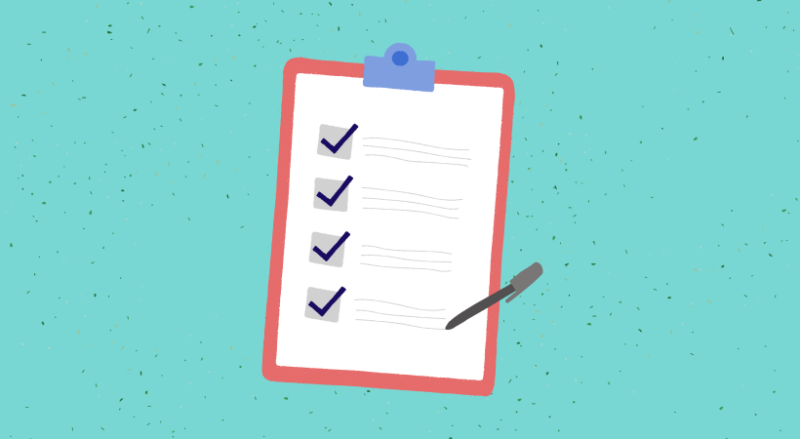
Want to Ace Technical Interviews? A Guide to Prep Software Engineers
Note: This blog includes affiliate links. At no extra cost to you, Hired may earn commissions on purchases made. Hired only recommends vetted services.
Whether you’re early in your career or a seasoned full stack, back-end, or front-end engineer, technical interviews may be stressful if you feel unprepared. While the most important piece of these interviews is, of course, your technical skills, we have some strategies to help you put your best foot forward.
After all, going in with confidence and preparation is the best way to ease those nerves and let your skills shine through. So, what is it you’re getting yourself into?
Technical interviews put a (fun?) spin on the typical job search process. In many ways, they let you, as an engineer, do what you do best! Take them as your opportunity to “walk the walk” instead of just “talk the talk.”
We’ve collaborated with our partner Educative to bring you tips to level up your technical interview game.
What this Technical Interview Guide for Full Stack, Front-end, and Back-end Engineers Covers1. How to prepare for technical interviews
Technical interviews take many forms and are known by various names. We break them down. We also give you a multi-week plan to give you plenty of time to work through examples and study up using suggested resources.
2. What employers look for in technical interviews
We review some of the major concepts and skills interviewers assess specifically for front-end developers, back-end developers, and full stack developers.
3. Common technical interview mistakes to avoid
After spending time reviewing what you should do, we warn you on what to avoid. Find the top three technical interview no-nos in this chapter.
4. Helpful resources
By this time, you’re well on your way to nailing your next technical interview. Use our compilation of links to more resources to continue studying with a narrower focus.
5. After the interview
In this section, we coach you through this post-interview phase, including how to use it to your advantage and other best practices.
Ready to download your comprehensive Technical Interview Guide? Here you go!Applying for a leadership role? We have an interview guide for Engineering Managers too!
Related blog posts

How to Get Approved on Hired
Hired is a closed, curated marketplace that strives to create the best experience possible for...

Engineering Manager or IC? Which Tech Career is Best for Me? (Video)
Have you ever wondered whether to follow an Individual Contributor (IC) path or an Engineering...

What Top Companies Look for in a Great Remote Technical Interview
Part of a Series: Set Yourself Up for Success as a Remote Jobseeker Editor’s note: this...

How to Maximize Your Job Offer as a Remote Engineer
This article is reposted from one originally contributed to LeadDev.com and authored by Lawrence...

Recently Laid Off? A Jobseeker’s Guide to Bounce Back Better Than Ever
About this eBook If you’ve ever been laid off you know it’s often an emotional time full of...

Starting a New Job? 10 Ways to Set Yourself Up for Success
The First 30 Days are Critical When Starting a New Job Starting a new job is often a mix of...
